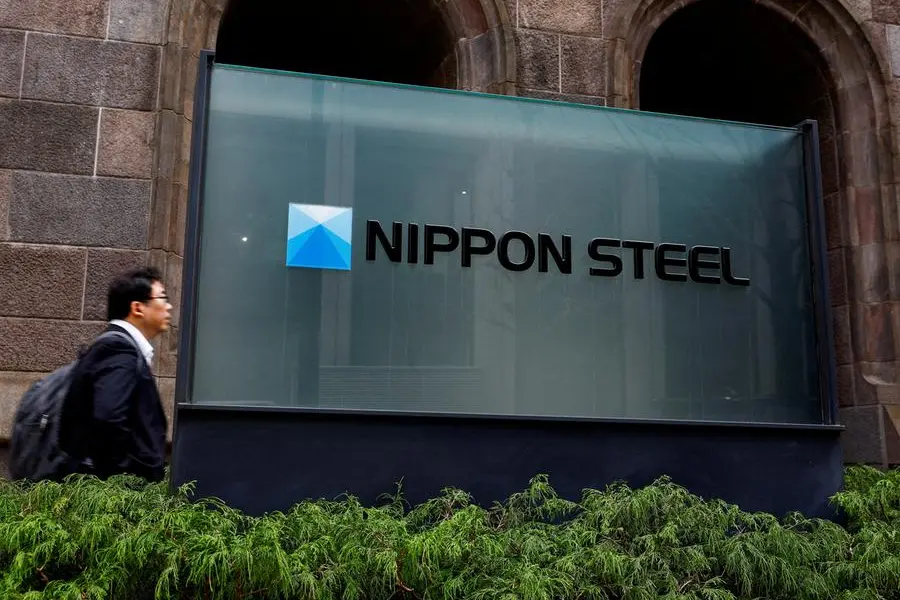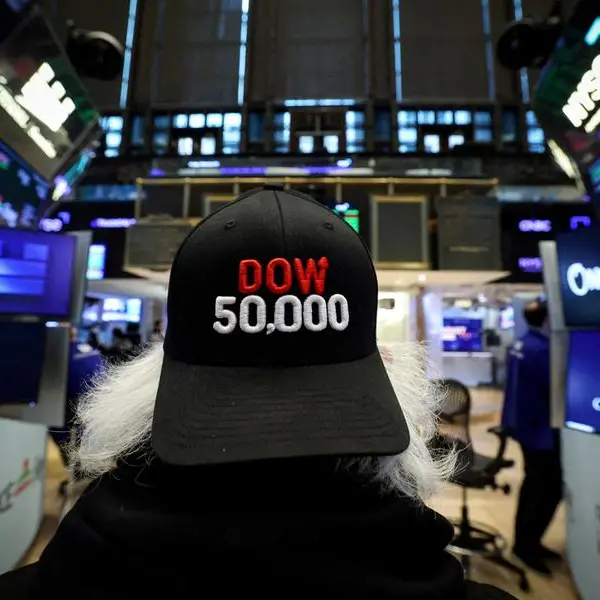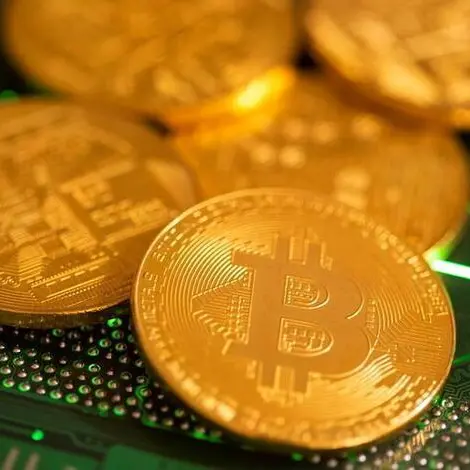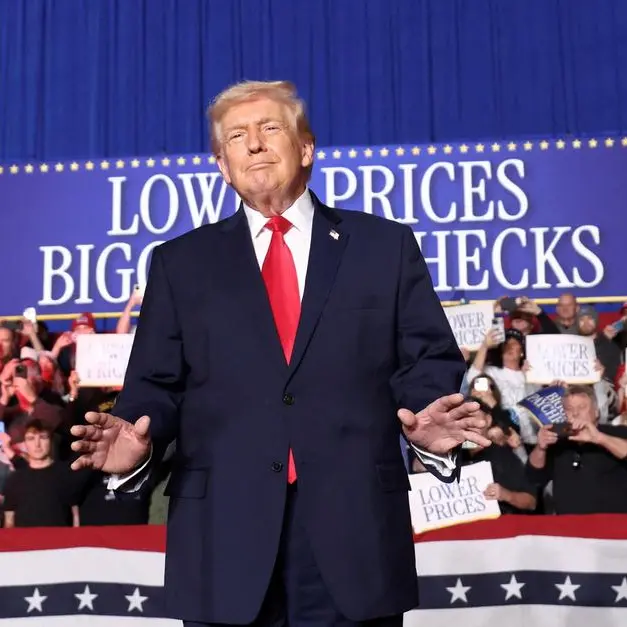PHOTO
A U.S. government panel is set to submit its recommendations this month on whether a Japanese takeover of U.S. Steel would threaten national security, with the fate of the $15 billion mega-merger in the balance.
President Joe Biden, President-elect Donald Trump and a politically-influential labour union have voiced opposition to Nippon Steel's acquisition of a firm that helped build the Empire State Building and arm allied forces in World War Two.
The White House said on Tuesday that Biden will wait for the outcome of the review, expected in under two weeks, before deciding whether to block a deal that World Steel Association data showed would create the world's third-largest steelmaker after China's Baowu Steel Group and Luxembourg-based ArcelorMittal.
The comment came after U.S. Steel's shares had tumbled following a Bloomberg report that he planned to kill the merger.
Here's a look at what could happen next:
APPROVAL
The Committee on Foreign Investment in the United States, a government panel that assesses inbound foreign investment for national security risk, has been reviewing the transaction for several months.
In late August, it notified the two companies of associated risk, Reuters reported, and days later sources said Biden was poised to block the deal.
But the panel opted to extend their deliberations, pushing the decision back to after the Nov. 5 presidential election, Reuters reported in September.
The deal also needs to clear an antitrust review in the U.S. but that is expected to be a lower hurdle, analysts say. Nippon Steel has repeatedly said it is confident about closing the deal by year-end.
DELAY
If the review is extended again, the government panel will allow the parties to refile applications for approval of the deal, beginning a new 90-day review process.
However, that would spill into the tenure of Trump, who has repeatedly vowed to block the sale. "Buyer Beware!", he wrote on his Truth Social platform last week.
BLOCK
Should the panel recommend Biden blocks the deal, the president would have 15 days to issue an executive order to kill it.
U.S. Steel has previously said the deal's failure would put thousands of U.S. union jobs at risk and that it may be forced to close some steel mills. The United Steelworkers union, which opposes the deal, has called those assertions baseless threats and intimidation.
Nippon Steel has said it is considering all possible measures, including legal action, to close a deal it sees as key to its future growth.
(Reporting by John Geddie in Tokyo and Alexandra Alper in Washington DC; Editing by Nicholas Yong)





















